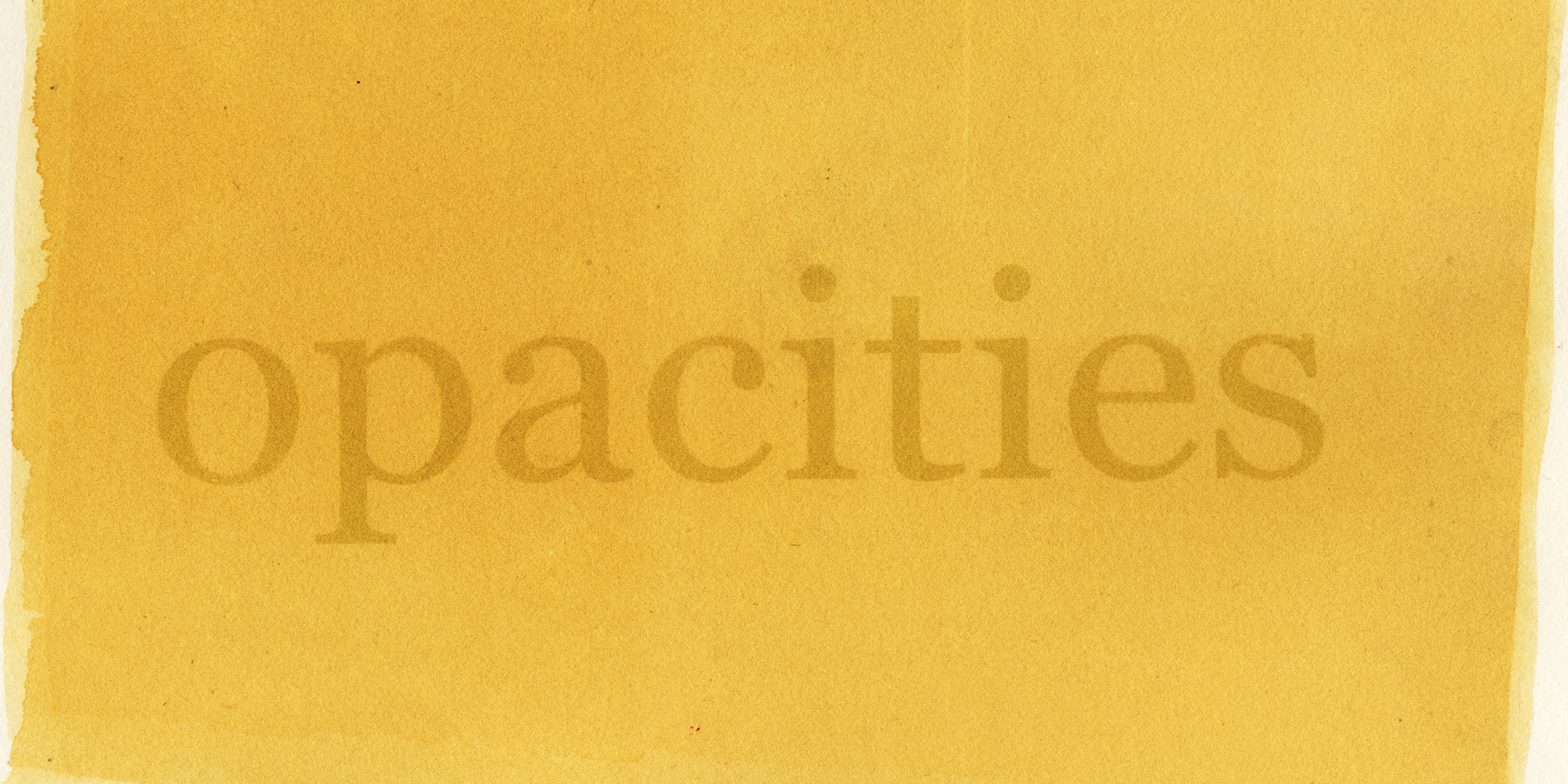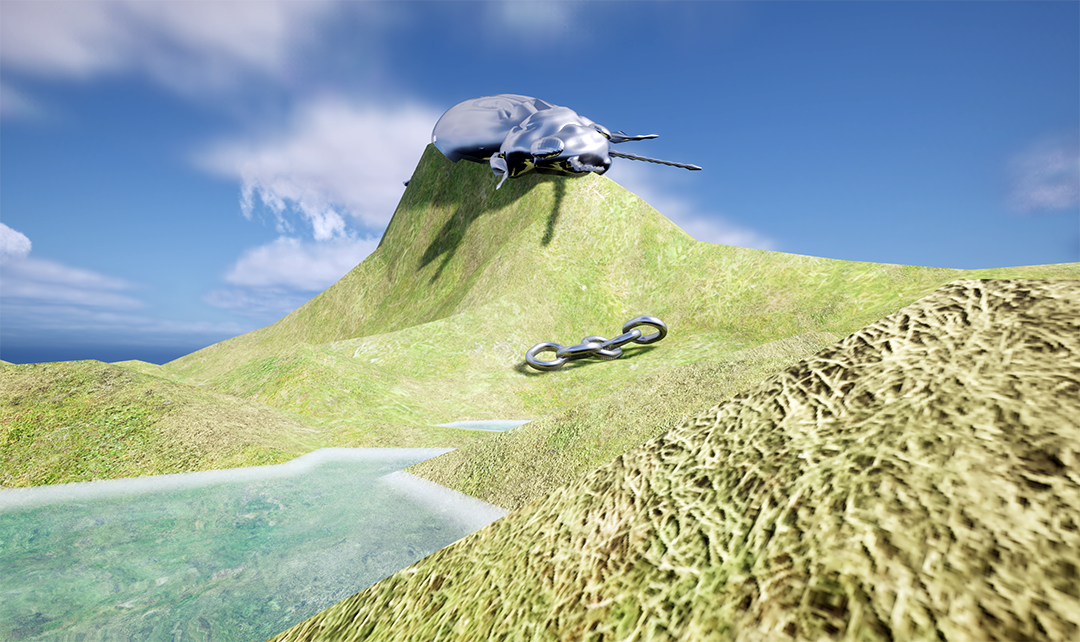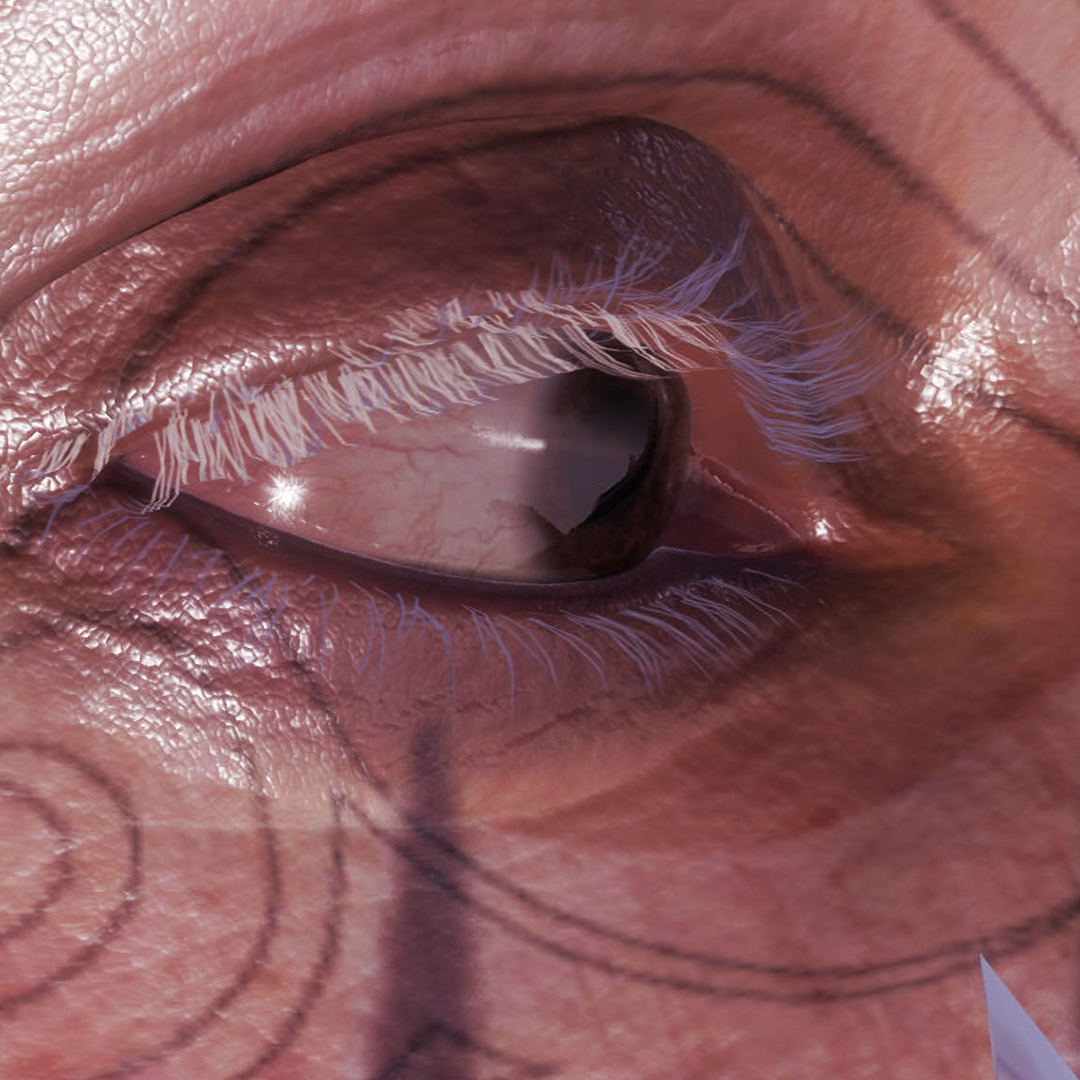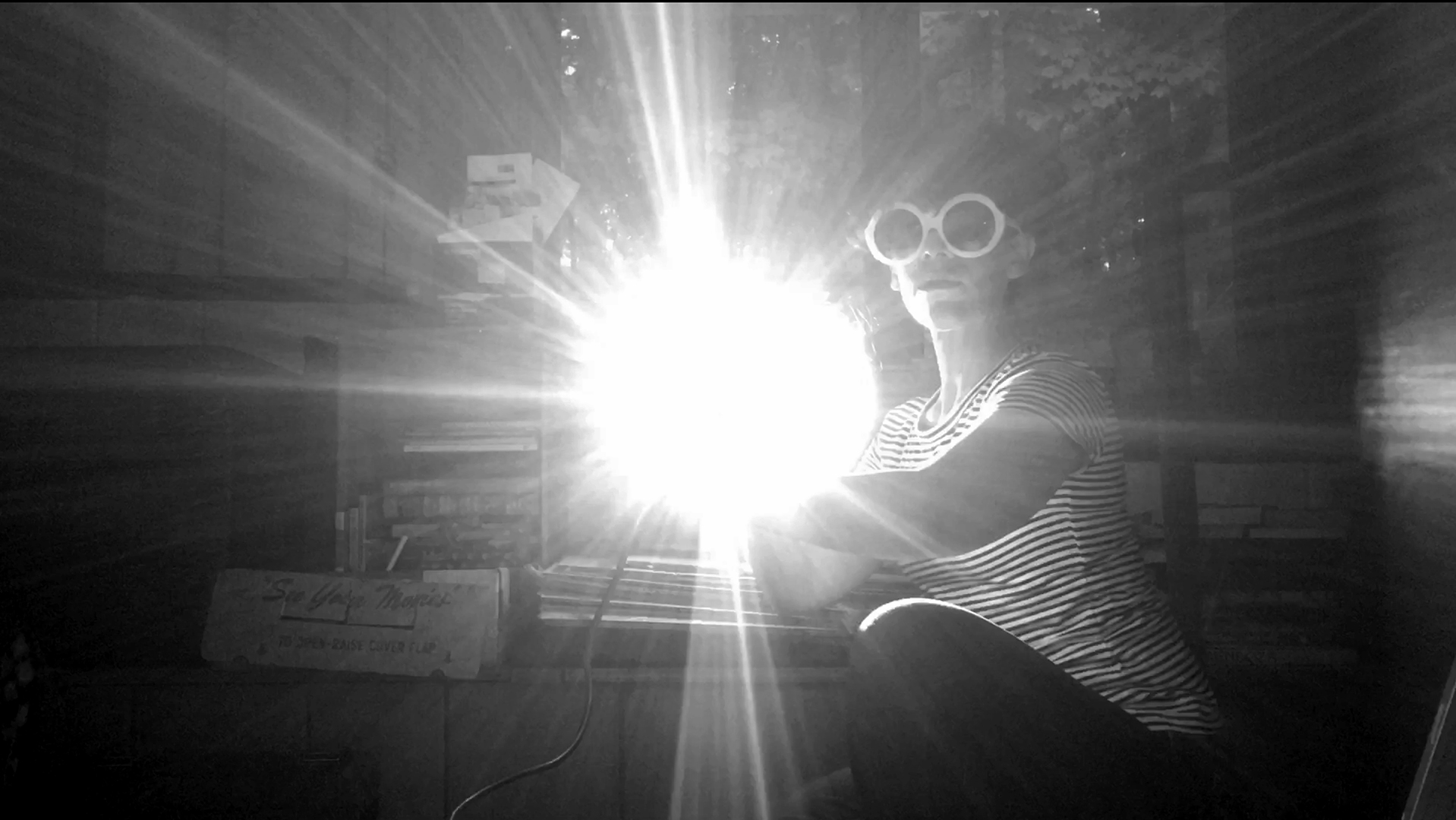
OPACITIES: Seminar, workshop and screening: Decolonial, Materialist and Ecological media practices.
OPACITIES: SEMINAR - Wed, 7 May 2025 14:00 - 20:30 BOOK.
Please read further below for seminar information.
OPACITIES: ANTHOTYPE WORKSHOP - Tue, 6 May 2025 18:00 - 20:00 BOOK
An anthotype is a non-fixed image produced by combining the photosensitive properties of plant material with sunlight. The anthotype workshop using local plants is led by eco-practitioners Karen Browett, Melissa O’Brien and Sophie Behal and hosted in collaboration with NCAD’s FIELD facility.
OPACITIES: SCREENING -Édouard Glissant: one world in relation by Manthia Diawara - Wed, 7 May 2025 19:00 - 20:30 BOOK
Screening -Édouard Glissant: one world in relation by Manthia Diawara One World in Relation provides an accessible introduction to Glissant’s ideas and theories.
____________________________________
OPACITIES: Seminar
Opacities brings together practitioners to consider Édouard Glissant’s decolonial idea of ‘opacity’ in relation to small scale media processes. Taking the anthotype process as a departure point, the seminar will explore Glissant’s ideas of relation, opacity and creolization in relation to decolonial, materialist and ecological paradigms embedded in post-digital media practices and cultures. Opacities investigates ideas of opacity and transparency in relation to small-scale & small file media supports.
Convened by the Frugal Media Research Group, the seminar will be chaired by Jessica Foley, with presentations by Radek Przedpelski, Chloe Brenan, Sarah Durcan & Clodagh Assata Boyce. We will be joined for a key-note by theorist and curator Laura U. Marks whose work engages with media art and philosophy, with a particular focus on small-footprint media.
This seminar will be followed by an evening screening of Manthia Diawara’s film Édouard Glissant: One World in Relation [2010] a film created from a series of conversations which take place on a transatlantic voyage which provide an accessible view into Glissant’s thoughts and beliefs on his own theories.
Schedule
14:00 - 15:00 Refreshments & Anthotype Workshop Prints Viewing
15:00 - 17:00 Seminar Chaired by Jessica Foley with presentations by Radek Przedpelski, Chloe Brenan, Sarah Durcan & Clodagh Assata Boyce
17:00 - 17:30 Break
17:30 - 18:30 Keynote: Laura U. Marks
18:30 - 19:00 Break
19:00 - 20:30 Screening Édouard Glissant: One World in Relation [2010] dir. Manthia Diawara, 51 minutes followed by Q& A
____________________________________
Seminar Abstracts & Biographical Information of Speakers', Chair and Artist Facilitators'.
Abstract
Buried deep beneath the surface, an unvoiced longing can be heard—echoing from the floor of the Atlantic Ocean. These sounds reverberate through walls, rattling window panes until they nearly break. And for those who know the abyss, evidence of genocide can be detected in the material of our cities and landscapes through methods of opacity. Traversing different geographies, Clodagh Assata Boyce gathers fragments—texts, experiences, and histories—to trace how the white imaginary has materialized its violence through space and architecture.
Biography
Clodagh Assata Boyce is a Trini-Irish anti disciplinary artist and curator based between Dublin and Belfast. Influenced by the radical traditions of Black feminist thought, their work is rooted in diasporic memory, the politics of care, and practices of refusal.
Clodagh's curatorial and artistic projects challenge extractive logics, turning instead toward slowness, opacity, and interdependence as strategies of resistance. Through writing and experimentation with material forms, they critique architecture, language, memory, and modes of marginalisation — making space for what is often obscured, withheld, or unspeakable. Clodagh is presently curator-in-residence at PS² Belfast and critic-in-residence at Sirius Arts Centre Cobh.
Abstract
Reality is Delicate - On Small Gauge Film and Unfixed Landscapes
“Reality is delicate,” Vietnamese filmmaker Trinh T. Minh-ha reminds us - not because it is brittle, but because it resists being pinned down. This talk unfolds beside digitised, unedited Super 8mm footage of a wild, Irish postcolonial orchard - a space long gone to seed, shaped by empire, memory, weather, and wilderness. Super 8mm, as a small-gauge format, works against the dominant logics of high-resolution capture and control. It withholds, resists clarity, and enacts an ethic of proximity without possession.
Drawing on Édouard Glissant’s creolisation and Karen Barad’s concept of the material-discursive, I consider the orchard and the small gauge imagery not as fixed objects, but as emerging through intra-action. Knowledge here is situated, partial, and always entangled. To film with Super 8 is to refuse the god-trick of objectivity. It is to stay close, without speaking for. In their blur and grain, the images retain a level of opacity - not as lack, but as a poetics and politics of remaining unknowable. Together, film and orchard remind us: reality is not something to master, but something we shape - delicately, and in flux.
Bioography
Chloe Brenan is an artist from rural County Carlow with moving image occupying a central place in her practice. She is interested in the specificities and poetic haptics of place and is committed to ‘the everyday’ as a position through which the details and textures of larger power structures can be experienced, observed and resisted.
Her work is included in The Arts Council of Ireland, IE, MoMA Library Artist Publication Collection, New York City, US, Reminders Photography Stronghold, Tokyo, JP. Recent exhibitions include What If We All Knew, Academy of Fine Arts, Prague (CZ); Flights From Reason, Cork International Film Festival, 69th Edition (IE); Loose Definitions (borders, proximity and domestic objects), programmed by ReaRflex Film Collective at Whammy! Analog Media, Los Angeles, US. She is currently undertaking an IRC supported practice based PhD at TU Dublin where she is developing filmic methods for representing modes of slow violence at play in the landscape. Her subject is a wild postcolonial orchard located minutes from the front door of her family home.
Abstract
Ecologies of Media
In this paper, I consider the relationships between people, places and media practices. In an age of multinational streamers and globalised ‘content’ on multiple platforms what does it mean to make something in a place, about that place, perhaps even with materials from the place itself and to show the work in the place it was made? Inevitably any discussion of media and ecology has to acknowledge the historical roots of media technologies in imperialist, colonialist and military industrial epistemologies. However there are media practices that value other ways of knowing the world. This talk considers the anthotype as another way of relating to a place and draws on thinkers like Ariella Azoulay and Donna Haraway to reflect on media practices that engage with particular places from Margaret Tait’s Orkney films to the Derry Film and Video Collective.
Biography
Sarah Durcan is an artist/filmmaker based in Dublin. She is a lecturer and programme leader of the MFA Fine Art at NCAD. Her work is concerned with the intersection between subjective memory and historical events often based on female experience. Recent projects include The Invisibles (2023), a film commissioned for the 40th EVA International, Ireland’s Biennial of Contemporary Art and a book Memory and Intermediality in Artists’ Moving Image (Palgrave Macmillan, 2021). She was awarded the Royal Irish Academy Charlemont Grant 2023-24.
Abstract
Decolonial Opacities—Small-File Crystallisations. A Media Archaeology of Relational
Making
The presentation will explore resonances between Édouard Glissant’s decolonial poetics of
opacity and Relational “baroque abroad in the world” [baroque mondialisé], and the Crystalist Manifesto developed in 1976 by a group of Sudanese conceptualists proposing that we discern reality from the perspective of “a crystal that extends endlessly within.” As shall be argued, this co-modulation between decolonial opacities and Crystalist perspectivism provides an important ethico-aesthetic paradigm for engaging with contemporary post-digital ecomedia. The presentation will conclude by drawing a media archaeology of opaque Crystalist practices connecting the 1970s neo-avant-gardes to small-file media.
Biography
Radek Przedpełski is an artist and media scholar lecturing in interactive digital media in the
School of Computer Science and Statistics at Trinity College Dublin. Radek is also a Postdoctoral Research Fellow in the School of Engineering, working on the project “Not a Space Race. Towards a New Quantum Policy.” Radek graduated from TCD with a PhD in Digital Art and Humanities, interrogating neo-avant-garde performance of the 1970s in the Polish People’s Republic. Radek co-edited with S. E. Wilmer a volume on Deleuze, Guattari and the Art of Multiplicity (Edinburgh University Press, 2020). Radek is currently writing a monograph on marginalised performance artist Marek Konieczny (1936-2022). Radek is a co-curator of the annual Small File Media Festival of sustainable media art founded by Laura U. Marks and hosted by Simon Fraser University, Vancouver. Inspired by mytho-ecologies of Outer Carpathian Mountains and Éire, Radek's artistic practice explores entanglements between the earth, the cosmos, and sustainable artistic techniques. Radek presented his multichannel installations at the Quadrangle Gallery, Galway; Ghent, Belgium; Vancouver’s Studio T Gallery; and Seyðisfjörður, eastern Iceland.
Abstract
Enfolded Media, from Glissant to Small Files
We live in a folded cosmos in which every entity expresses the whole. My theory of the folded cosmos borrows from the genealogy of thinkers from Leibniz to Deleuze to Glissant, among others. Everything is a microcosm of the cosmos as a whole. From Glissant comes the understanding that every entity enfolds relations to the whole chaotic world, some of whose complexity can be discovered with an attentive closeness to its ever-unfolding surface, and that the most apparently modest entities are capable of the most sustained unfolding.
A certain kind of microcosm is what I call a soul-assemblage: a temporary gathering of ensouled beings. Soul-assemblages can be assessed in terms of health, depending on the degree to which the beings assembled within are able to thrive. If our assemblages do not seek to dominate cosmic elements but to share with them—to co-modulate (in Simondon’s term) with the cosmos—they are more likely to be healthy for all parties.
Many media soul-assemblages are unhealthy, that is, they cause damage to some of their participants, such as the audience or the planet. Small-file movies, which we at the Small File Media Festival define by their bitrate of 1.44 megabytes per minute, exemplify a healthy soul-assemblage and a deceptively modest microcosm that expresses the cosmos in a beautiful way.
Laura U Marks Biography
I work on media art and philosophy, with an intercultural focus and an emphasis on appropriate technologies. My fifth book, The Fold: From Your Body to the Cosmos, is published by Duke University Press. I founded the Small File Media Festival, and lead research on the carbon footprint of streaming media and now of AI. Azadeh Emadi and I co-founded the Substantial Motion Research Network. I teach here: Website
Jessica Foley is a poet and teacher whose multimodal practice draws upon visual and conceptual art, education, and telecommunications engineering research. Her work is informed by conceptual and installation art, as well as experimental practices in art, film-making and writing. Her writing emerges through imaginative call and response, with people and place, through processes of deep listening, slow looking, improvisation and play. Jessica’s work with Difference Engine (2009-2018) exemplifies this ethos of ‘jamming’, as does her work with the Orthogonal Methods Group. Her creative and critical pedagogical work is informed by histories, folklore and epistemologies of education, technology and ecology, by her own everyday life and personal/working relationships and occupations. This slow temporal practice is challenging, but yields powerful experiences and insights, typically generating co-created archives of written, visual and oral history materials (e.g. Engineering Fictions). Jessica teaches and researches Critical and Contextual Studies through the Faculty of Film, Art and Creative Technologies at IADT and the Network Ecologies Working Group at CONNECT.
Biographies
Sophie Béhal is a visual artist and educator, from Kilkenny and living in Co. Tipperary. Her practice takes a multi-material approach, incorporating sculptural, photographic and print elements. She is passionate about all things analogue, process and plant-based.
Recent projects include: A Certain Slant of Light, VISUAL Carlow - Community Arts Project 2025, residency narativa collectiva in Can Serrat, Spain 2024, solo show Threadsuns in South Tipp Arts Centre 2024.
Karen Browett is a multidisciplinary artist and educator. Much of the focus of Karen’s work often draws from her previous qualifications in horticulture and time spent working as a gardener. This shifted the focus of Karen’s art practice as she began to link her interests in art and ecology, while addressing the chemical and often harmful processes within the mediums she used.
Her recent focus has been on eco processes for analogue lens based media, with an intent to create more sustainable and considered ways of working. Within this, Karen has moved into the testing of plant based developers, emulsions, dyes and materials. On this journey through bio processes, a thread was followed which has allowed her to understand her practice as a collaborative endeavour with the land, striving to work ‘with’ rather than from the Earth.
Karen is a current recipient of the Dun Laoghaire Baths workspace award and upcoming artist in residence at Glenveagh National Park for Biodiversity Week. She has taught in schools, colleges and print studios for well over a decade. Qualifications include Art and Ecology Post Graduate Diploma, NCAD and MA ARC IADT.
Melissa O’Brien Originally trained in fine art printmaking, Melissa O'Brien’s practice has expanded to include analogue photography, low-tech cameras, and home-developed film, alongside communal makings and workshops. In 2024, she completed the Professional Diploma in Art and Ecology at NCAD through the Creative Futures Academy, broadening her work to anthotypes, pinhole photography, soundscapes, and archival research. Her recent work focuses on the closed Water House Complex at the National Botanic Gardens, exploring its novel ecology and themes of the anthropogenic, time, materiality, and process. Melissa co-founded Limerick Printmakers, managed the facility for 14 years, and holds a Master’s in Cultural Management from Northumbria University.
____________________________________
Opacities events are free and open to all – book through eventbrite links above. Opacities is part of the Foraging Media initiative by the Frugal Media Research Group at NCAD and supported by NCAD Research Seed funding.
The Frugal Media Research Group is an initiative of artists and educators based in the Media Department at NCAD. The Frugal Media Research Group brings together artists, students and researchers interested in working with lo-fi, frugal and tactile analogue media processes in a post-digital era.



